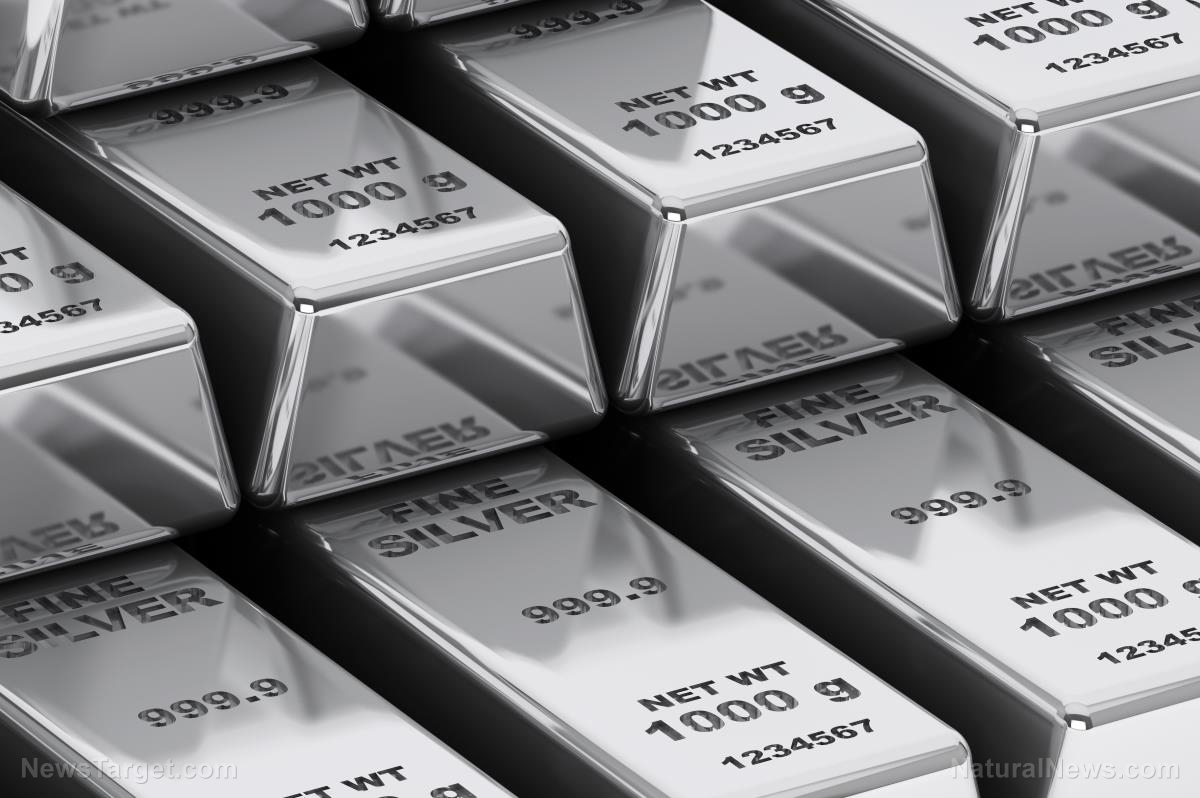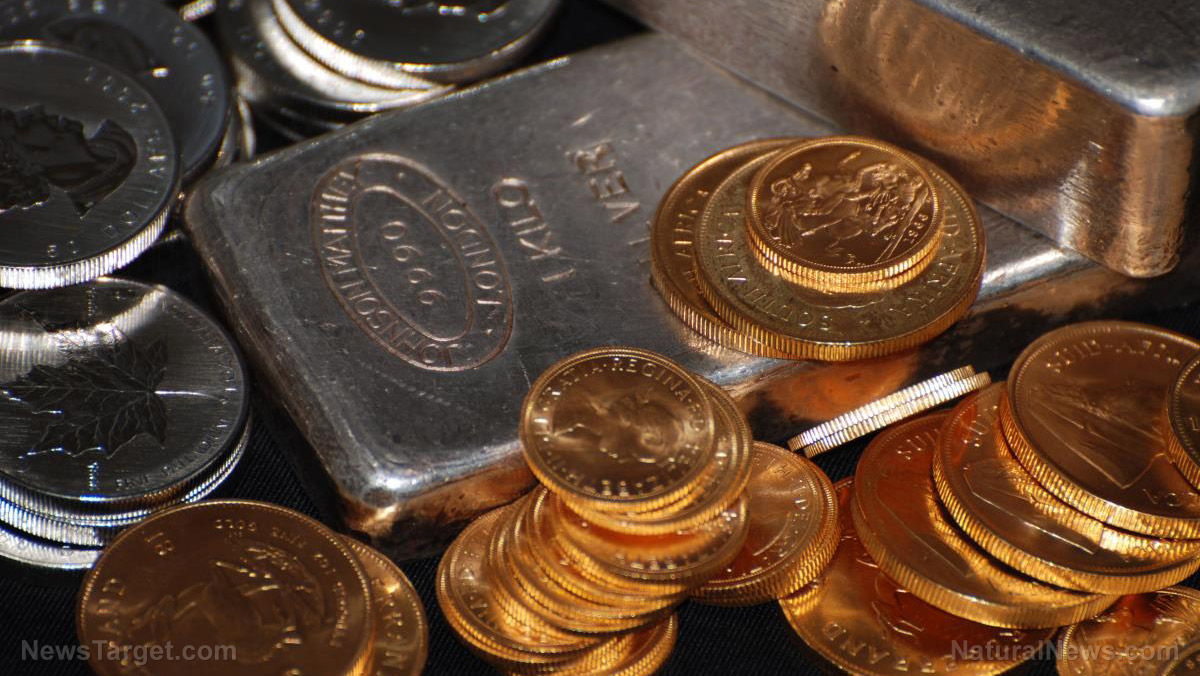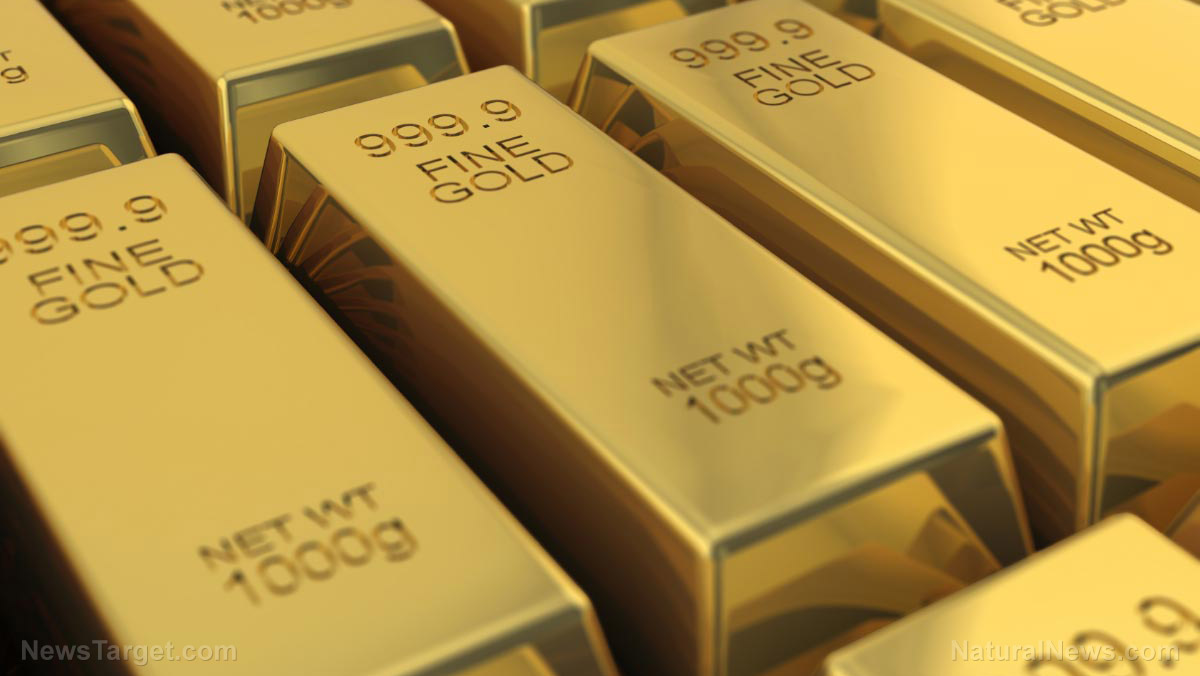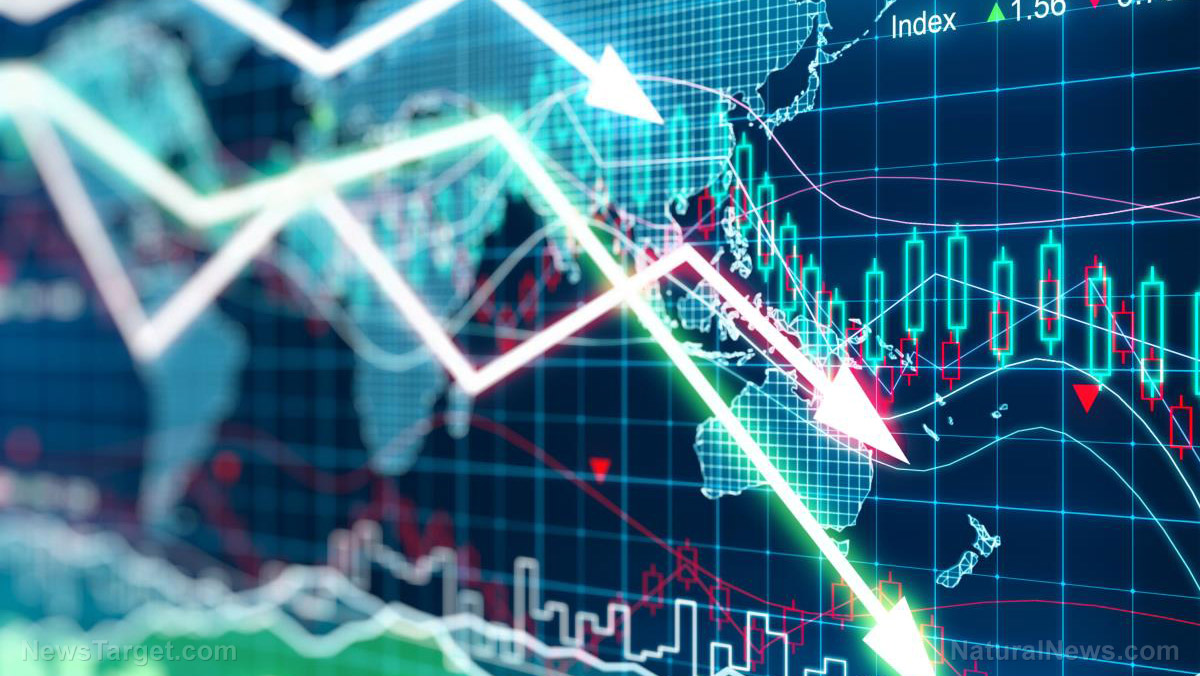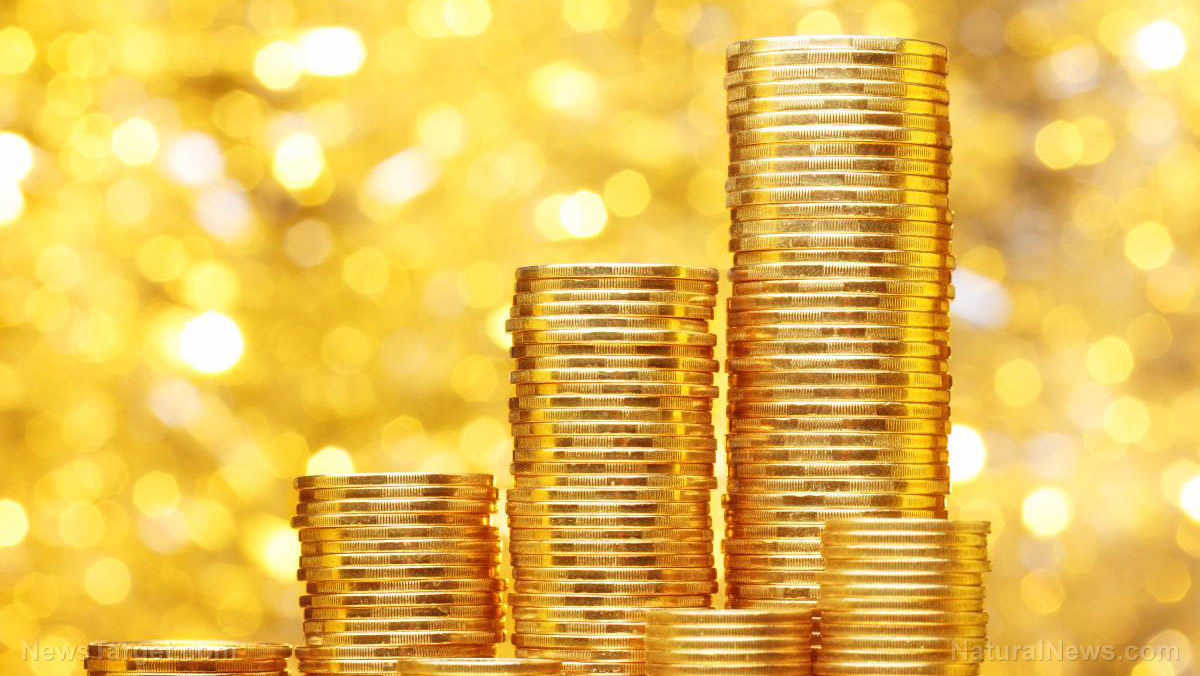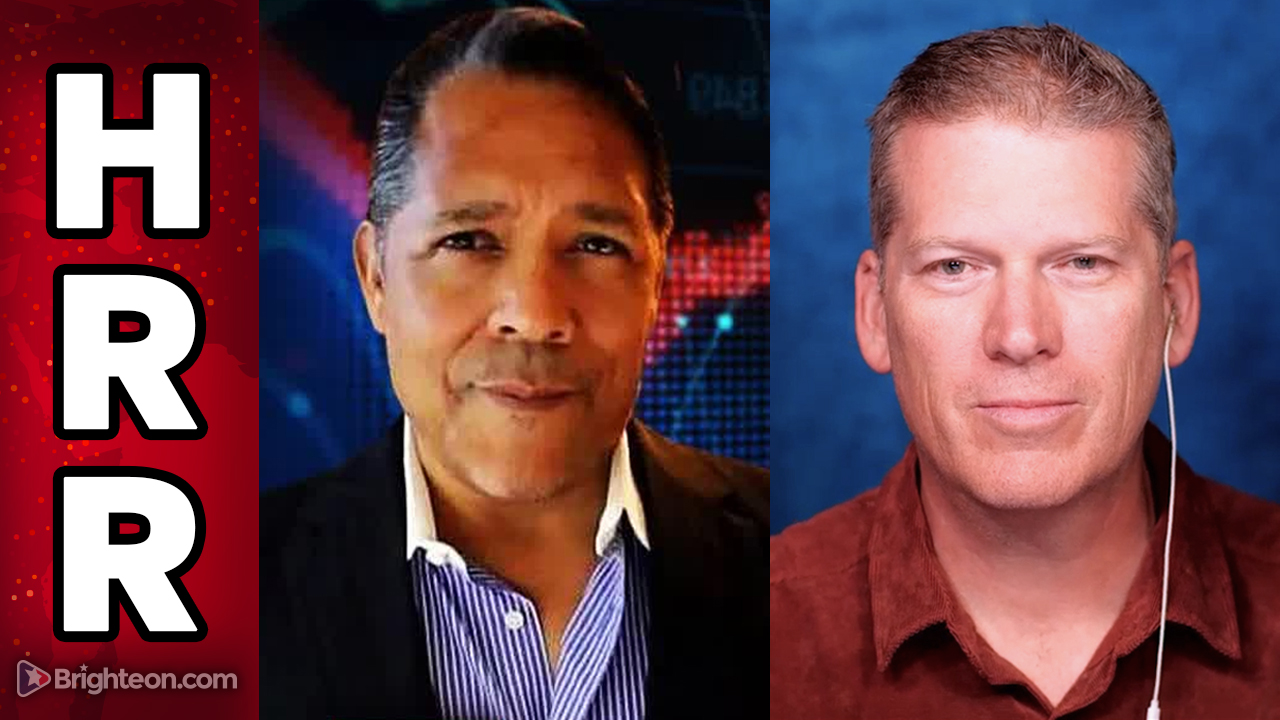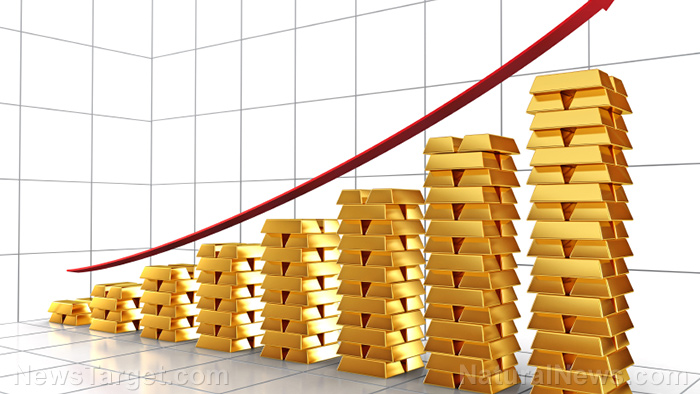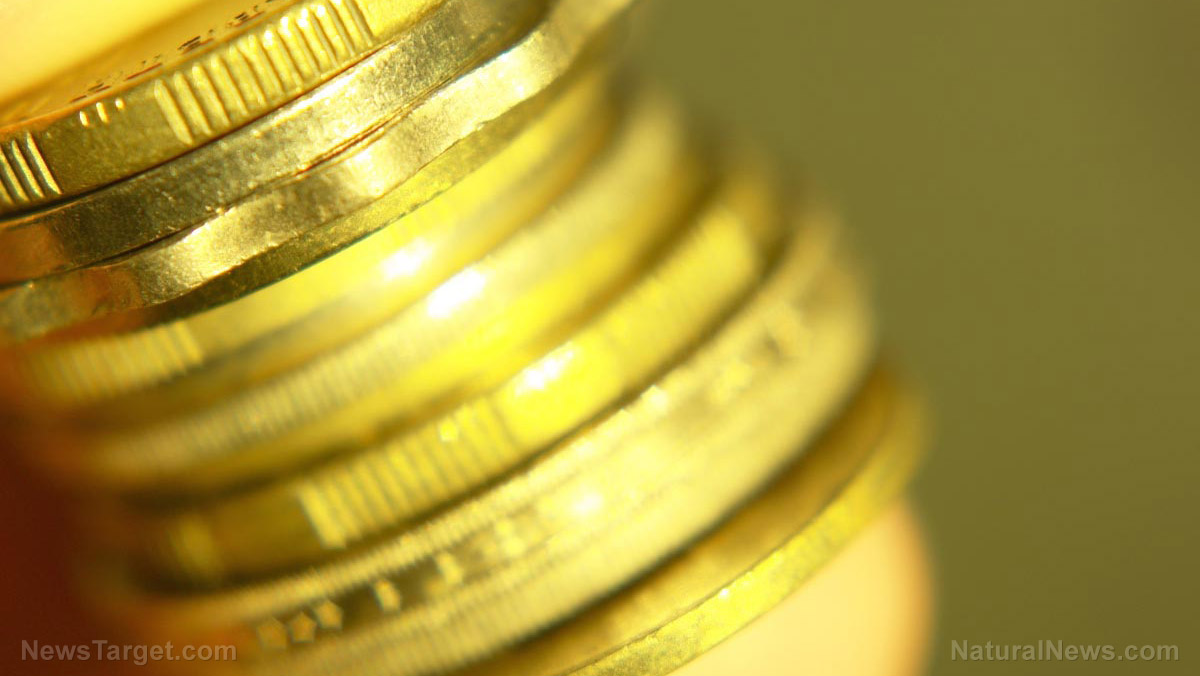WGC report: Central banks extend gold buying streak in preparation for currency uncertainty
03/07/2023 / By Belle Carter
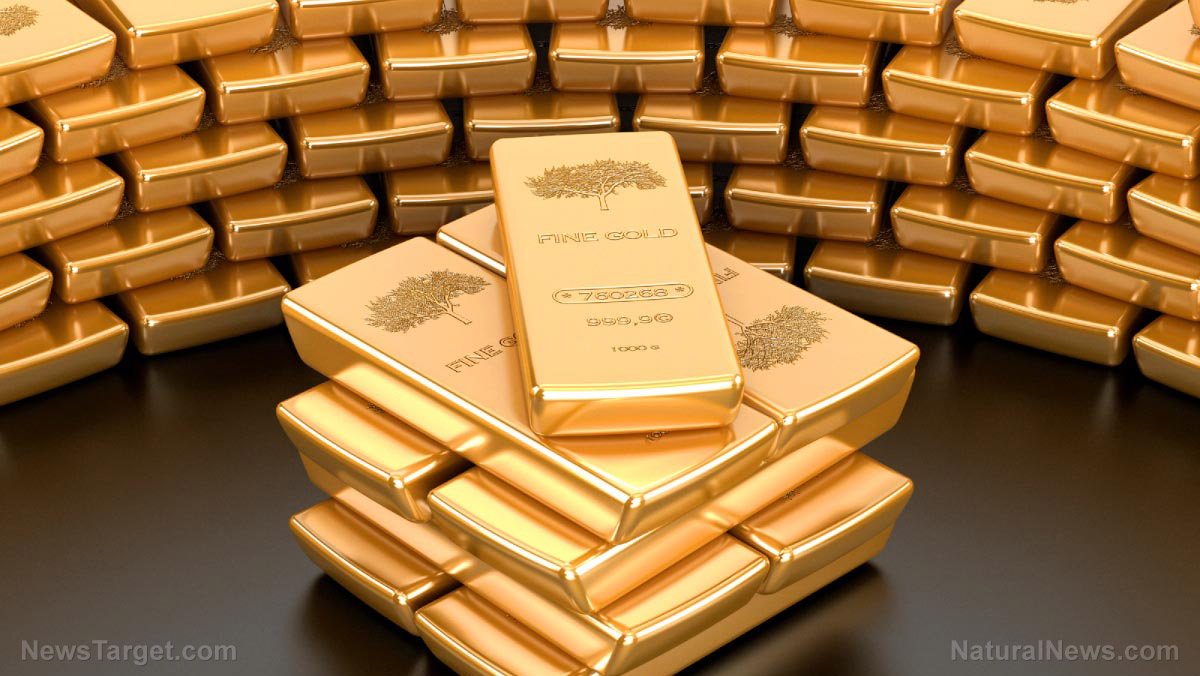
The World Gold Council (WGC) reported on March 2 that central bank demand for gold picked up from where it left off in 2022.
According to the WGC, there had been an addition of 31 tonnes to the global gold reserves in January. The total, which represents a 16 percent monthly increase, fell comfortably within the 20-to-60-tonne range of reported purchases over the last 10 consecutive months of net buying.
According to Mining.com, the WGC data showed that the activity was relatively concentrated during the month, with only three banks accounting for gross purchases of 44 tonnes and one bank offsetting this with 12 tonnes of sales.
“Focus on this sector of the gold market has been intense in recent months, owing to the record level of buying from central banks in 2022. We have faced questions from some investors on whether central banks will sustain this appetite for gold,” said Krishan Gopaul, senior analyst at WGC. (Related: Central banks all over the world are buying gold at a furious pace.)
The Central Bank of Turkey, the largest reported purchaser in 2022, was also the largest buyer in January. It added 23 tonnes in the first month of the year, pushing its official gold reserves to 565 tonnes. Also in January, the People’s Bank of China (PBoC) added 15 tonnes on top of the 62 tonnes it reportedly bought between November and December 2022. PBoC now has 2,025 tonnes or 3.7 percent of total gold reserves.
The European Central Bank (ECB) also reported an increase in its reserves, though it was not an outright purchase by the bank. This was related to Croatia joining the currency union, as the country was required to transfer the gold as part of a larger transfer of reserve assets to the ECB. For this, the country bought nearly two tonnes of gold in December.
The National Bank of Kazakhstan increased its gold reserves by four tonnes in the same month, taking its gold reserves to 356 tonnes.
Meanwhile, the Central Bank of Uzbekistan sold gold reserves in January, reducing its reserves by almost 12 tonnes – a decrease of three percent from December.
Gold prices to soar amid rising inflation and uncertain global economy
Analysts and industry executives said there is a high demand for gold bars, coins and jewelry, and their prices are expected to cross the $2,000 per ounce this year. The high demand for the yellow metal is making central banks, corporates and individuals look for investment and saving options in an era of ever-rising inflation and a bleak-looking global economy.
Gold prices recently rallied as a pullback in the U.S. dollar and treasury yields alleviated concerns of more Federal Reserve rate hikes, Khaleej Times reported.
Spot gold climbed to $1,845.84 per ounce, its highest in over two weeks as the U.S. gold futures were up 0.7 percent to $1,853.70 per ounce in New York. Gold prices approached record levels of over $2,000 per ounce in February 2022 at the start of the Russia-Ukraine conflict. In January, the precious metal rose from $1,860 an ounce to a peak of around $1,960 an ounce.
“The U.S. dollar is showing signs of weakness now and gold will continue to be a ‘very good hedge’ against the weakness in the greenback,” said Wayne Gordon of UBS Global Wealth Management. Experts like him predict that gold’s long-term stability makes for its greatest value to investors, particularly in a volatile economic environment like today.
“Being a value-appreciating commodity, we can assume with high confidence that the price of gold will only be going up in the near future. Even though there has been volatility in prices due to numerous socio-economic effects around the globe, the general trend in price has witnessed an upward slope,” said Shamlal Ahamed, managing director for international operations at Malabar Gold and Diamonds.
Visit GoldReport.news for more news related to gold prices, demand and supply.
The video below talks about central banks silently buying gold at the fastest pace in 55 years.
This video is from the Galactic Storm channel on Brighteon.com.
More related stories:
Central banks continue adding gold to their net holdings as fears rise of a global currency collapse.
Keith Weiner tells Dunagun Kaiser to opt out of failing banking system and invest in gold.
Sources include:
Submit a correction >>
Tagged Under:
assets, bubble, central banks, collapse, currency crash, currency reset, dollar demise, economic collapse, economic turmoil, economics, economy, fed, financial crash, gold, gold demand, gold prices, gold report, good hedge, metal, metals, physical assets, precious metal, risk, World Gold Council
This article may contain statements that reflect the opinion of the author
RECENT NEWS & ARTICLES
COPYRIGHT © 2021 GoldReport.news
All content posted on this site is protected under Free Speech. GoldReport.news is not responsible for content written by contributing authors. The information on this site is provided for educational and entertainment purposes only. It is not intended as a substitute for professional advice of any kind. GoldReport.news assumes no responsibility for the use or misuse of this material. All trademarks, registered trademarks and service marks mentioned on this site are the property of their respective owners.



